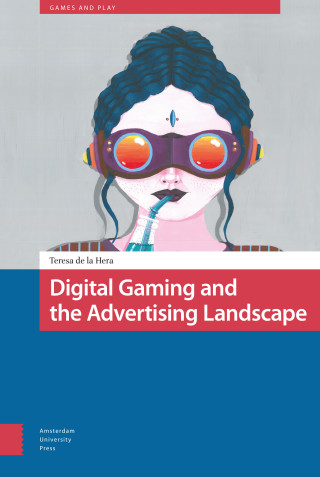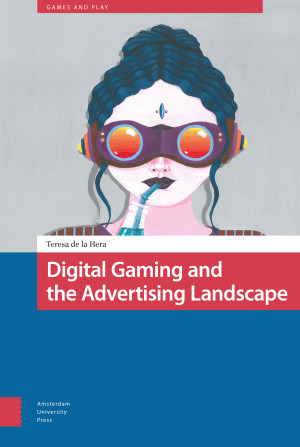The evolution of the game industry and changes in the advertising landscape in recent years have led to a keen interest of marketers in using digital games for advertising purposes. However, despite the increasing interest in this marketing strategy, the potential of digital games as a medium to convey advertising messages remains unexploited.
Digital Gaming and the Advertising Landscape explores the different ways advertising messages can be embedded within digital games. An interdisciplinary approach is used to help explain how persuasive communication works within digital games. It does so by forging new links within the area of game studies where the emphasis of this book clearly lies, while also taking up new subjects such as design theories and their relation to games as well as how this relationship may be used in a practical context.

